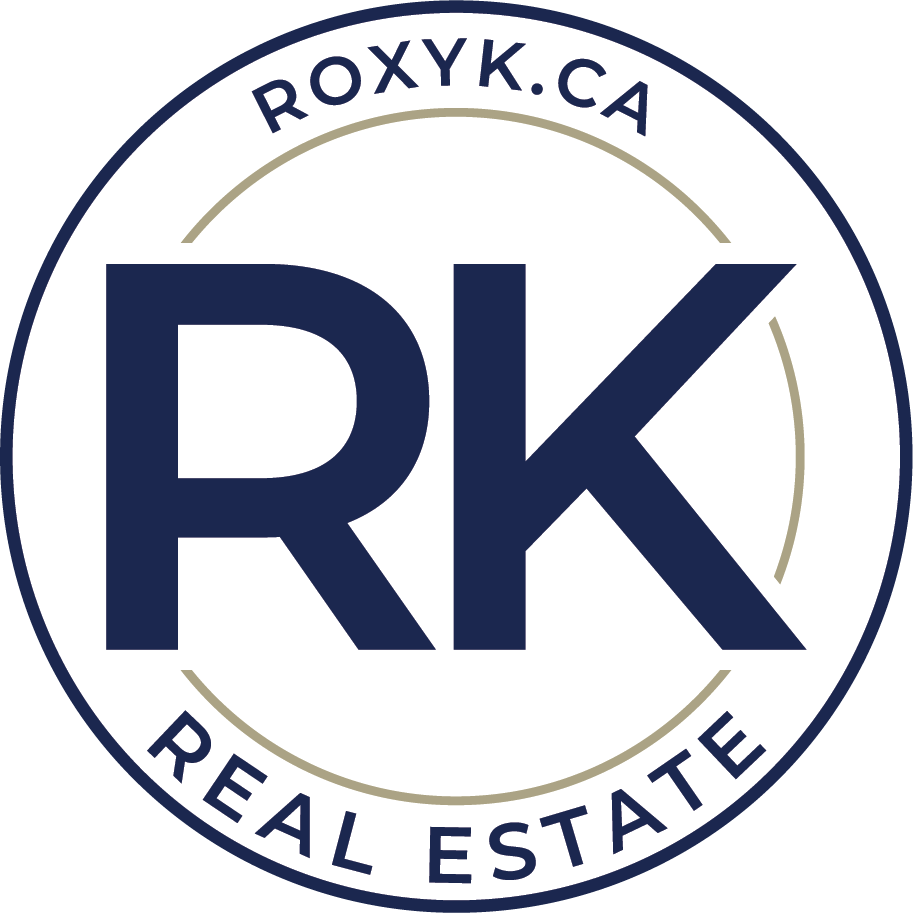I like this article from RE/MAX Canada as it touches on an issue that is being questioned due to our economy and the falling house prices. While lots of there data is centered on the Toronto/Vancouver markets, I think the information remains the same. I read this on the RE/MAX website, here


Here’s the breakdown of real estate investment to help you decide if it’s right for you.What is the Average Rate of Return on a Real Estate Investment?We expect to see modest house price increases in 2019, at 1.7 percent. We have just come out of some wildly high housing prices, especially in Toronto and Vancouver areas. However, although prices have stabilized, investment in properties outside some of the major cities can see some excellent gains.In 2018, some good examples of growth include 13 percent in Chilliwack and Windsor, 17 percent in London, and 11 percent in Charlottetown. Combine this with general rising rent costs across Canada, which are predicted to rise by as much as six percent in 2019, and that could translate into a great investment opportunity.Is a Real Estate Investment Safe?As long as you are buying property at the right price in an area where the value is sure to rise, real estate is safe and lucrative. If you aren’t smart about your budget and location, you could end up like many Toronto property owners who purchased at unrealistically high prices in 2017. Those homeowners will have to pay down their mortgages for a while before they can make a profit, especially if they made lower down payments.There tends to be less volatility in real estate when compared to something like stocks and bonds. With real estate, you can minimize risk by holding on to your property longer should there be a drop from the price you paid. That way, you can continue to build equity. As well, with real estate, as you pay down your mortgage, you also see your equity grow. Later on, your property will be easier to leverage as capital as it is a “tangible” asset.Real estate is a safe investment because:
- It has a high tangible asset value
- It will almost always increase in value over time
- It provides diversity to your portfolio to help reduce risk
- It comes with tax benefits
- Single-family: You rent out the entire house or condo to one tenant.
- Multi-family: You rent separate units on each floor.
- Typically appreciate faster
- Easier to sell making them more liquid
- Just one tenant to find and deal with
- No need to worry about complaints and issues amongst tenants
- Easier to collect bills and set up utility payments
- Easier to finance
- Less cash flow generated in most cases than a multi-family home
- Can be “riskier” if you end up with a bad tenant who does not pay rent or skips out
- Harder to find a good tenant as you have to charge quite a bit for rent
- No economies of scale if you want to hire a property manager
- Better cash flow with more units
- Lower unit price makes it easier to find tenants
- If one tenant is a dud or moves, you still have the cash flow to help cover your expenses
- Economies of scale
- Less expensive to manage on a per-unit basis
- Higher maintenance costs due to more people, more appliances to repair, more tenant turn over, and so on
- Takes more of your time as there are more tenants to worry about, collect rent from, and to complain
- Slower appreciation in value
- Fewer buyers when you want to sell
- Potential tenant complaints about things such as noise, messiness, smells, and more
- Harder to find financing

